There’s not a lot written in English about the battle of Silves, but a medieval tussle between Moors and Christian crusaders over the old capital of the Algarve must have been bloody, brutal and relentless.
For those interested, King Sancho I conquered Silves in 1189 from the Almohads, but they took it back in 1191. I’m guessing neither of those battles would have been pretty.
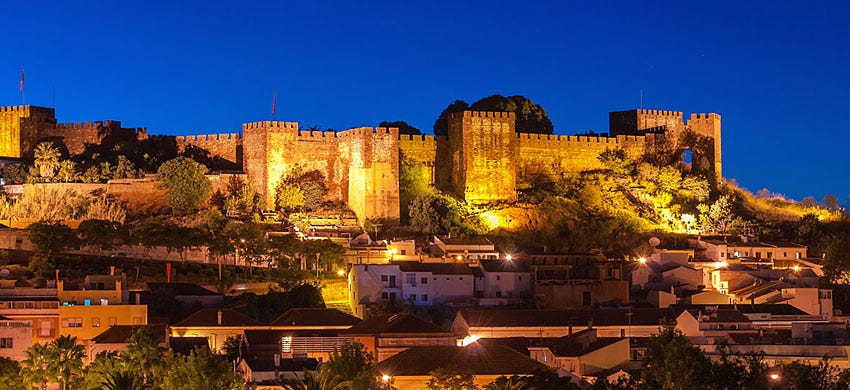
I’m fighting my own Silvas war at the moment, and Portuguese speakers with land to strim will immediately spot the link and understand the problem.
Silvas is the Portuguese word for brambles and is pronounced pretty much the same as Silves, the beautiful town with a castle on the Arade River you really should visit next time you’re in the Algarve.
Battling these brambles is sometimes bloody, brutal and is certainly relentless – powered by the southern European sun the silvas brambles are our nemesis – the pain is not worth the gain of a few scrawny berries come the autumn.
The spiky, nasty, viscous bushes create defensive fortifications two metres high and their thick, barbed tendrils arch up into trees and grab at your arms and legs.
Just as an aside, I do sometimes refer to our place as “the farm” but it’s not as if we are farming anything yet.
But then “gardening” doesn’t really cover it, given we have nine and a half hectares of the valley, which is not far shy of 23 acres.
Perhaps I should settle on “extreme gardening” until we get some more animals.
And the next animals will be chickens – that much is certain – but we did briefly consider renting some goats...in order to deal with the silvas so they never get this high again.
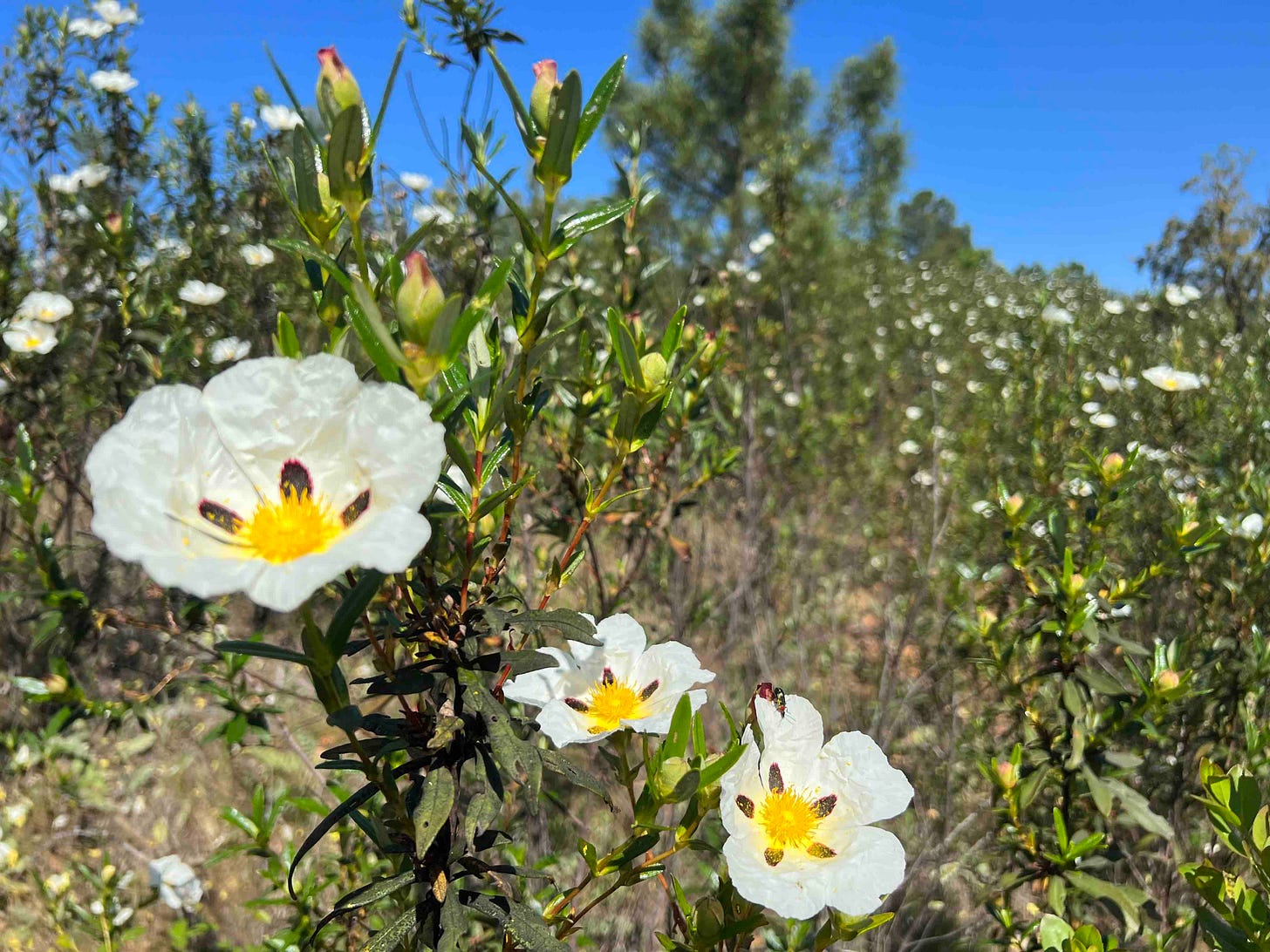
But goats eat everything, and we have plenty of cork oak and medronho saplings which it would be a shame to lose to Billy and his mates.
A donkey is an option – they love brambles – but the braying noise would alienate us from all our neighbours – even though they live miles away. Sorry Eeyore.
I’m told sheep could also do the job, but with a fire-prevention deadline to clear the land 50m around every building fast approaching, Shaun and his pals will have to wait until next year.
And now I only have a fading hope we’ll ever get Vasco.
A llama to protect the sheep would be wise, but I suppose one shouldn’t invest in a long necked woolly dog simply to own a Portuguese animal called Vasco the Llama.
But I digress: there’s currently no other option than my new Groundhog Day training routine of rising at 7am to do battle with the brambles armed with a strimmer and mulching blade.
To. Crush. Them.
The reason for starting so early is the temperatures here have already passed the high 20s and will be heading above 30C by the weekend.
Why would anyone want to be strimming brambles after 11am when you can go to the beach? (As if).
And the only reason I’m going so hard on the brambles is to get access to the canas...that’s the other enemy: bamboo-like reed canes that have spread across the damper parts of our land and some are now more than 4m high.
And the only reason I want to get to them (other than to get a grip of our “garden”)...is to make a bamboo/reed canopy for the guesthouse pergola.

The guesthouse is looking great these days – we’ve been watering the kikuyu grass which we planted one cutting at a time and it’s doing really well.
Ana is currently painting all the dark-wood furniture white and will add some nice knobs to brighten the place up even more, so if you want to come and visit us this summer please drop us a line!
The morning battles with the silvas and the canas are vital to avoid us paying a big fine for risking fire, but they also provide the instant gratification of achieving something I can see – which is sometimes lacking in other parts of our endeavours.
And with the day’s physical activity out of the way by mid-morning, I have plenty of time to focus on stressing out about our building project and the hours of wine podcast interviews piling up on my hard drive.
By the way, thanks to all of you who sent messages of support and encouragement last week about the pressures of our project – it is lovely to hear, and it gives us a real lift.
And although nothing much has actually changed in terms of bureaucracy and contracts, something did lift our spirits and helped us believe it is actually going to happen...there was a special delivery.
I was just on the way to buy a new piece of metal for the strimmer at the Stihl shop (oh yes, I am still breaking things...I refer you to the picture of the trailer wheel) when I stumbled upon a pile of delivered building materials.
We still haven’t agreed all the terms with our builder yet, but he’s in his 70s and is old-school Alentejo-stock: a handshake is a solid agreement, and so he’s already preparing the work while we iron out the contract.
This little find was heartening. After seemingly never-ending bureaucratic hurdles, here was something tangible…a bit like a nicely mulched silvas field.
We bother everyone involved pretty much daily, to try and get all our current ducks in a row – and the moment they line up another chaotic waddling comes along (or badling is an alternative collective noun for ducks...yes, badling, not balding).
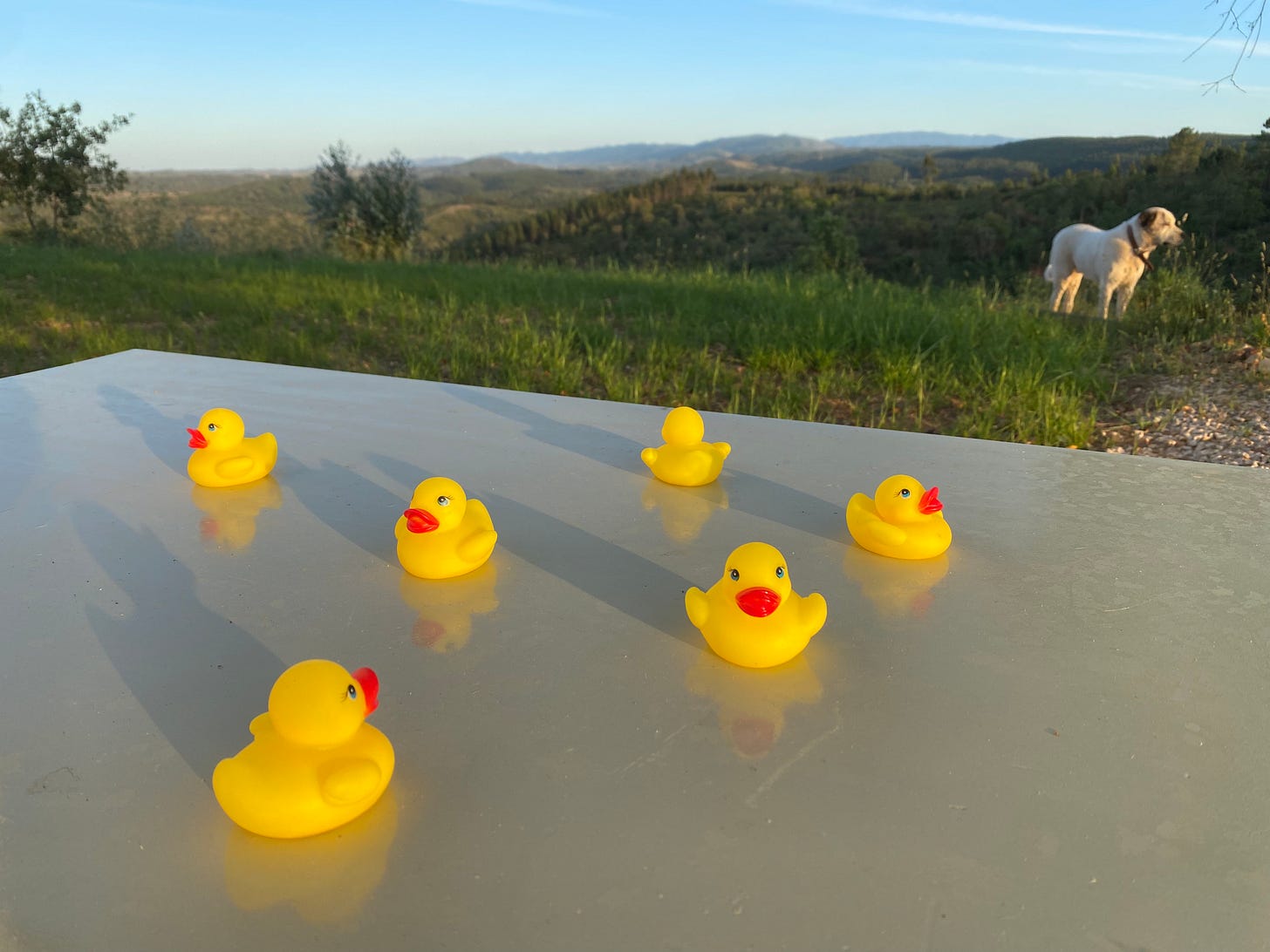
We’ve also been dipping into Portuguese history this week – and not just about Silves, which incidentally remained in the hands of the Moors from 1191 until the Knights of the order of Santiago won it back along with the rest of the Algarve in the 1240s.
So now you know. Just in case anyone asks.
But it was slightly earlier history we were focussing on last weekend with a trip to Beja, the capital of the lower or Baixo Alentejo, to record their annual Roman festival for the podcast.
City archaeologist André Tomé told us Beja was the most important Roman city within the boundaries of today’s Portugal and that they’d found remains of two huge temples – one is the largest in the country.
The Romans arrived here in the 3rd century AD and named the city Pax Julia – Peace of Julius (Ceasar).
“This probably means that the city wasn’t conquered in a violent way,” André said.
There was a market, parades, dance routines, drummers, jugglers, musicians, Lusitanian horses and a small re-enactment group of Roman soldiers.
We tried some of the locally brewed Alvoreada beer – a great IPA – and were going to try some of the pork roasts but then remembered what everyone else seemed to forget...COVID.
It was the most crowded place we’ve been in...years...and we suddenly remembered about the pandemic, passed on the pork and headed home.





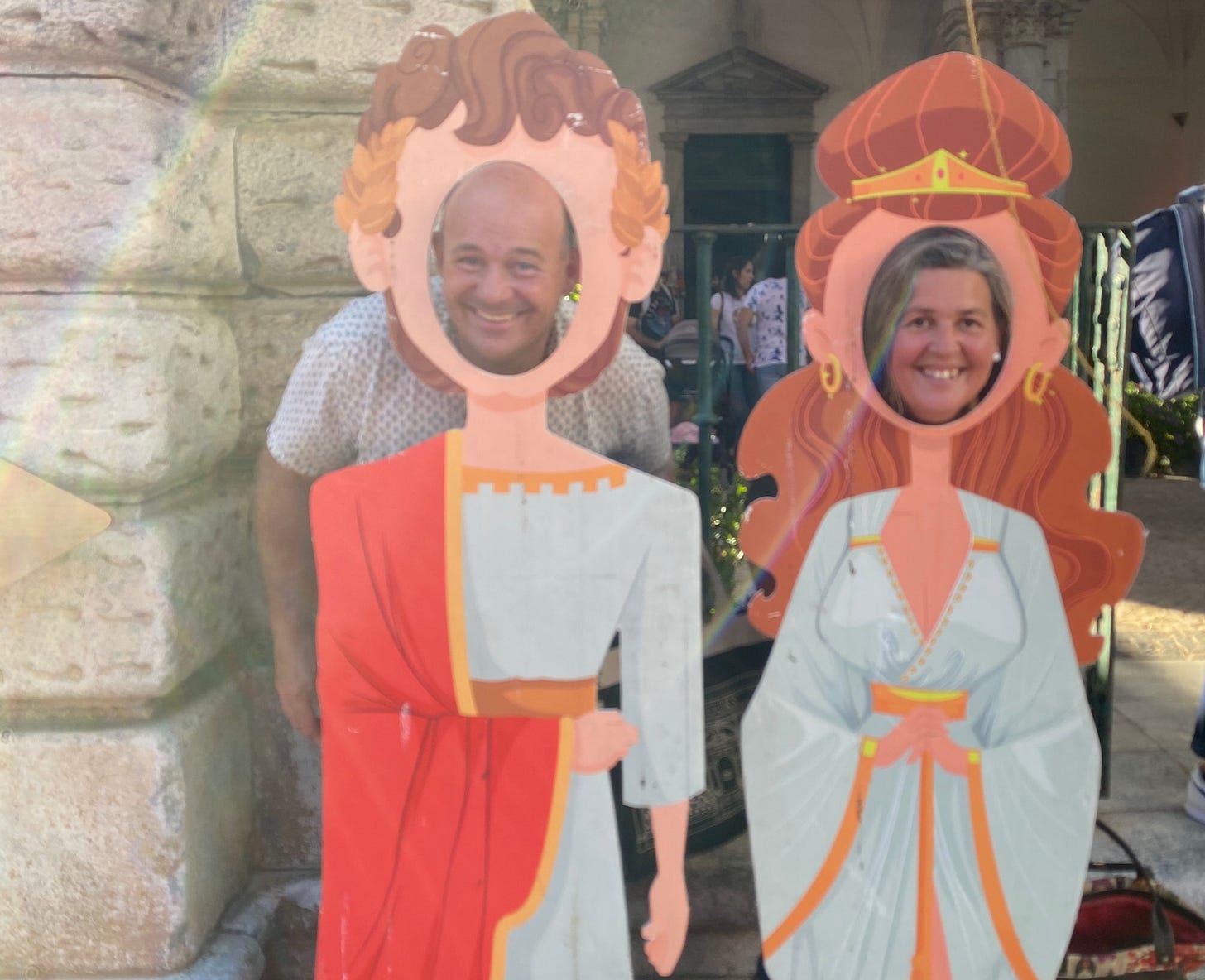
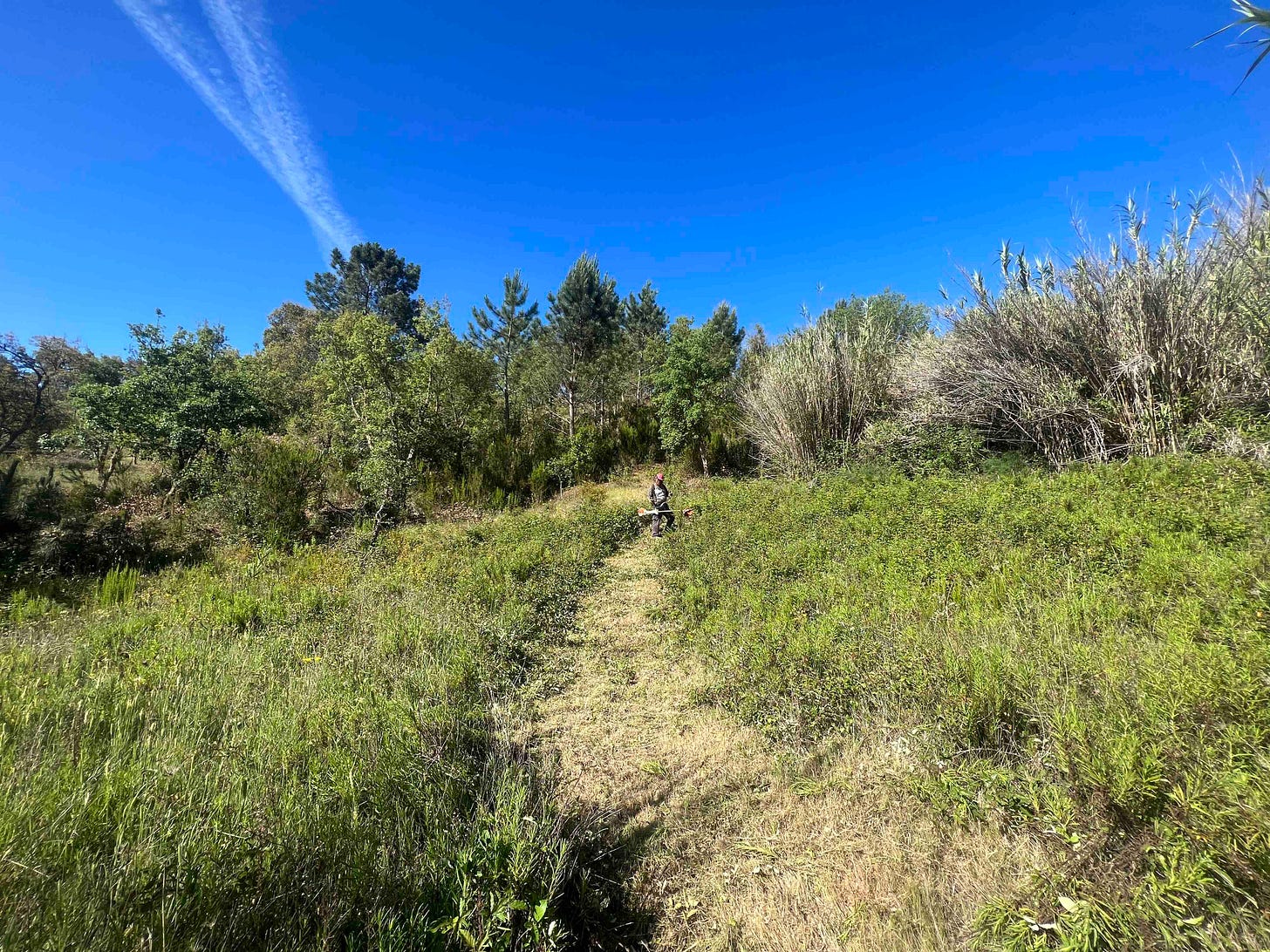


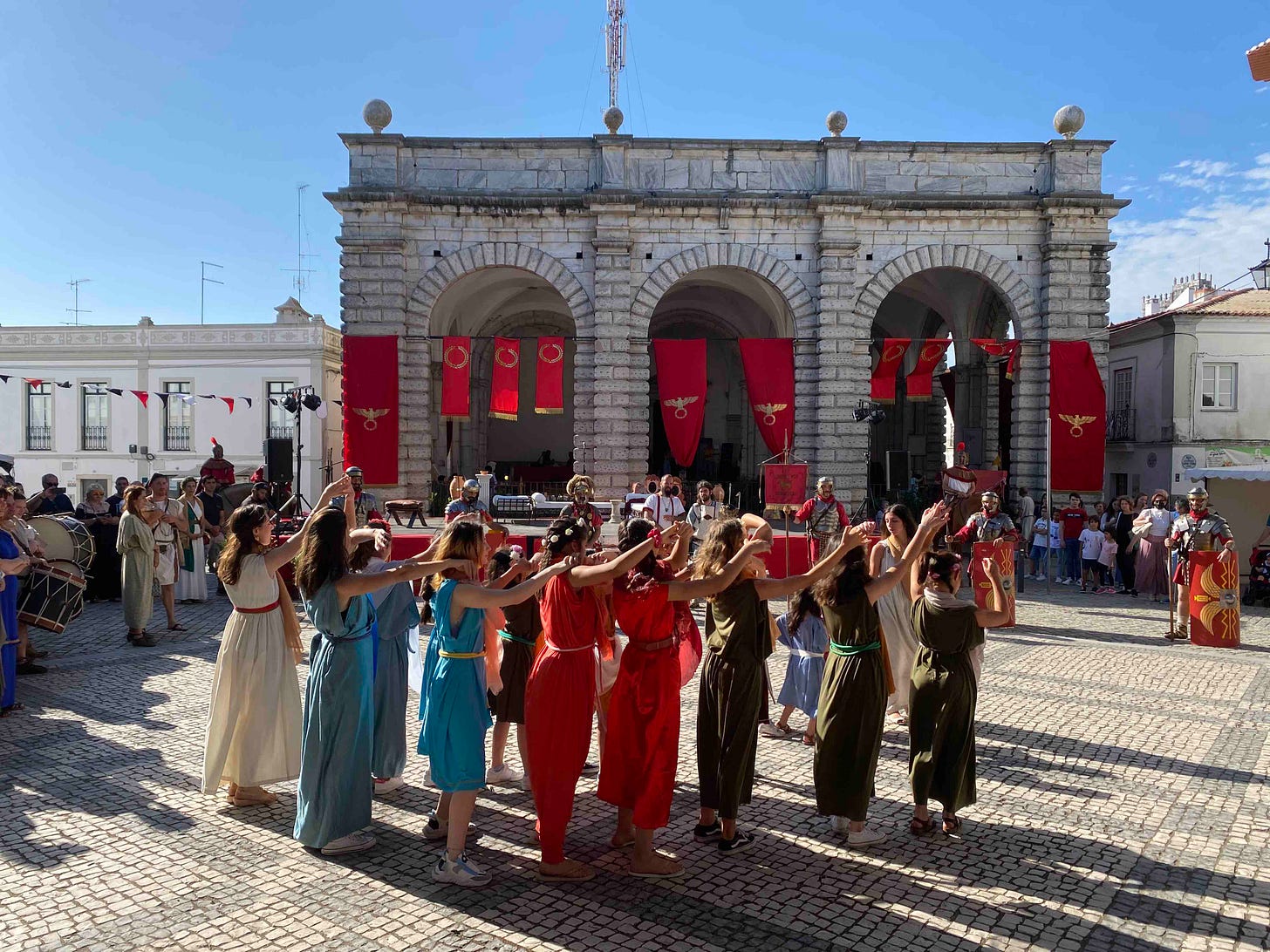
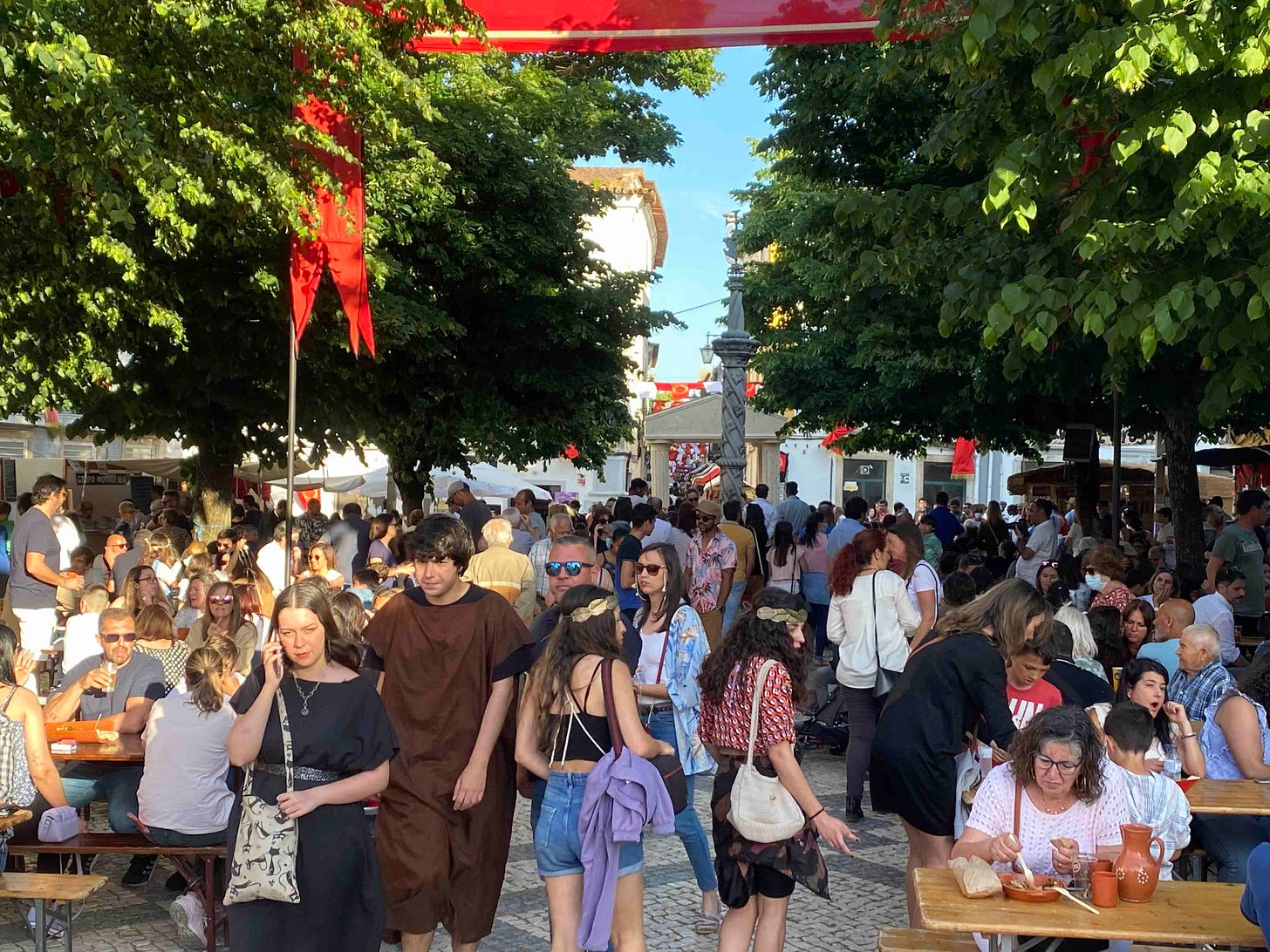
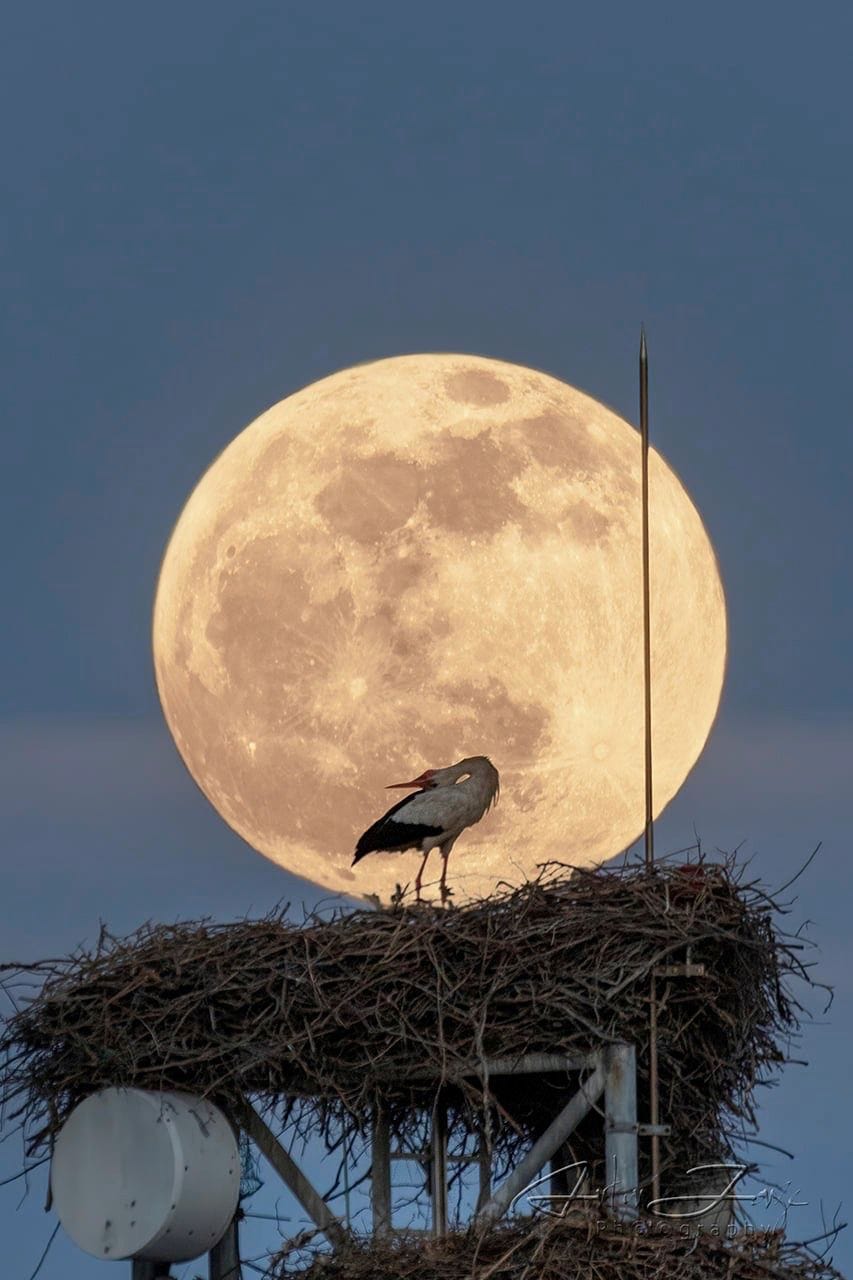
I really enjoy travel based stories, such as 'A year in Provence' and 'Driving over Lemons' but this one even more so due to a few connections. My other half of 26 years is Portuguese, we regularly holiday in Portimao and go up into the mountains to Foia. My son this year might also go to Manchester University to study History and Portuguese, the place where we studied and played rugby 30 years ago! JT
Thank you for the timely reminder why I am so happy we sold our house in the US and no longer have to deal with yardwork!